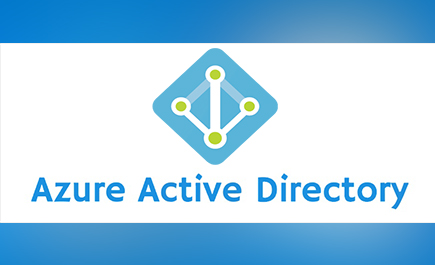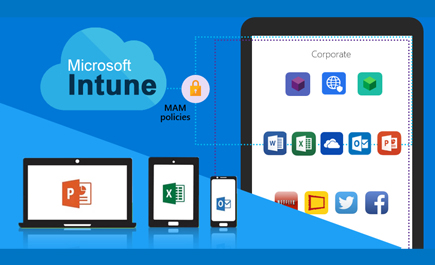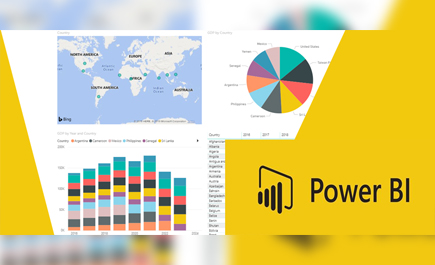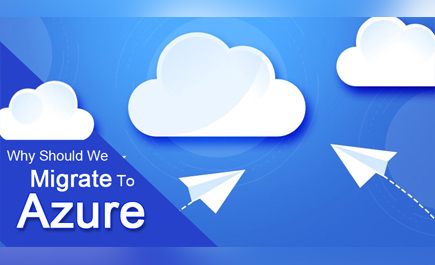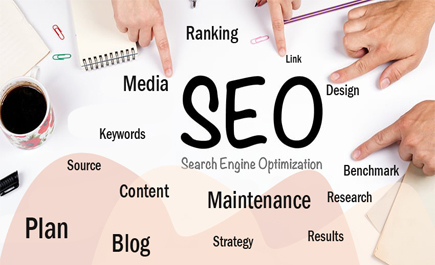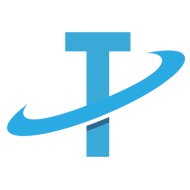Know The Process And Practice Of Developing Web Applications
Web application development is the process and practice of developing web applications. Developing of web applications are dynamic sites to join with server side programming which furnish functionalities, interfacing with the back-end database, and creating results to programs.
Some examples of web application development are stock trading, online Forums, Banking, E-Commerce/Shopping Cart Applications, Blogs, Content Management Systems, and so on.
Developing Web Applications have turned into an indispensable instrument for organizations today. By and large, these are built on a three-layered programming improvement demonstrate which incorporates clients, business, and information administrations. This sort of model is taken after to isolate a web application into providers of administrations and customer systems. Indeed such technologies like HTML, CSS, and JavaScript gives the shape and define the way of developing web application to interact with the information.
In this blog, we’ll know about the essential steps that should be followed as part of the developing applications process:
1. Information Gathering: Defining web application development, Purpose, Goal and Direction
The most important task is to understand the requirement of web application development, the future website purposes, the main goals you wish to be and the target audition you need to pull in to your site. This progression set up your undertaking’s reasonable heading and causes you concentrate on defining and accomplishing your objectives. The Roadmap document will determine the developing web application’s future arrangement and destinations with approximate timelines.
2. Defining Target Audience: Researching and Security Documents
The second step involves to researching the target audience and making an Analytic report which incorporates the accompanying estimated evaluations:
Quantitative statistics on Target Audience:
Making a potential customers report and separated by sensible occasional time allotments.
Type of Audience for convenience purposes:
Making Statistic reports on the level of clients: the audience ages, gender, and elementary, average and advanced users.
Type and level of access:
Making an access report, indicating client’s entrance of intranet, internet, Extranet – single-level, multi-level.
Type of Audience client for arranging the security level:
Making a Risk Statistical Document in view of client’s attributes, zones of misrepresentation level, application’s industry security breaks, and history of the target audience’s security breaches.
3. Creating Functional Specifications or Feature Summary Document
A Web Application Functionality specifications Document is the key record in any Web Application venture. This record will list the greater part of the functionalities and specialized particulars that a web application will require to achieve. In fact, this report can wind up plainly overpowering on the off chance that one needs to take after the Functional Specifications preclude and detail each kind of client's conduct on a vast undertaking. In any case, it merits advancing the push to make this record which will help keep any future perplexity or misconception of the venture highlights and functionalities, by both the task proprietor and designer. A run of the mill useful particular will list each client's conduct, for instance:
At the point when a guest taps on the "Add to Cart" catch from the Product Showcase page, the thing is added to the guest's shopping basket, the Product Showcase page closes and the client is taken to the Shopping Cart page which demonstrates the new thing in the truck.
On the off chance that making a practical particular report is overpowering to you, I prescribe beginning by making a Specification Document or Feature Summary Document by either making the example screen shots of the web application screens or making a record that incorporates a rundown of the application's highlights, for instance:
Item/Inventory Summary Showcase: shows a rundown of things available to be purchased, stock number, thing name, short portrayal, one photograph, cost, and Add to Cart catch.
4. Identifying Third Party Vendors: Analyzing and Selecting
Web Application Development is a cost-effective and faster outsourcing. In this step, it involves researching, identifying, and selection of third party vendors, product and services such as:
- -- Web Application Development Company
- -- Merchant Account and Payment Gateway
- -- SSL Certificate Providers
- -- Managed Server Provider
- -- Server, firewall, network, load balancer equipment provider
- -- Fulfillment Centers
5. Selection and Specifications of Technologies: Web Application Structure and Timeframe
This record is the outline of the innovation and stage determination, advancement condition, developing web applications improvement with structure and framework.The Technical Specifications Document will detail out the innovation utilized, licenses, forms and conjectures.
The Timeline Document will recognize the culmination dates for the Developing Web Applications highlights or modules.
6. Design Layout: Interface Design and Wire Framing
This is the important phase of a web application development project and begins with the formulation of visual guide or a straightforward draw of a UI. One of the principle fixings to a fruitful undertaking is to assemble the web application development, uses a client's cooperations, interface and components that have a demonstrated record for convenience, and give the best client encounter.
This procedure begins by making the visual guide, wire encircling or just portraying out the UI and communications of the developing web applications by Techstern's Creative and Usability groups of specialists. Once the Application Interface and Interaction Models are approved, Techstern's creative team design the interface for the developing web applications.
7. Web Application Development
Developing web applications design interface is turned over to Techstern’s Development Team who take the following steps to develop the project:
- -- Make the Web Application Development Architecture and Framework
- -- Plan the Database Structure
- -- Create/Customize to Developing Web Application Module, Libraries and Classes
- -- Finish the Web Application Development and Implement all Functionalities
8. Testing: Review and Launch
Testing is likely the most routine piece of a procedure. Each and every connection ought to be tried to ensure that there are no broken ones among them. This last step of Web Application Development process is QA and bug fixing.
Techstern’s Development Team reviews each frame, each content and runs a spell-checking software to find possible typos. Techstern give assurance quality testing to help the products more secure and reliable web application development.
Conclusions
Developing web applications project doesn’t begin with coding and doesn’t end after the day at last dispatch you site. The period of arrangement influences every single resulting stage, characterizing how beneficial the advancement procedure will be. A significant and profound disclosure of such angles like age, gender, and interests of your end-client may turn into the way to progress. The post-dispatch period is fairly critical. Your undertaking ought to be spry and sufficiently adaptable to have a plausibility to change your site as per clients' criticism or soul of the time. Remembering that there's no such thing as immaterial site improvement stage will keep you from unforeseen inconveniences and give you the certainty that everything streams as it should, and you have full control over the undertaking.



